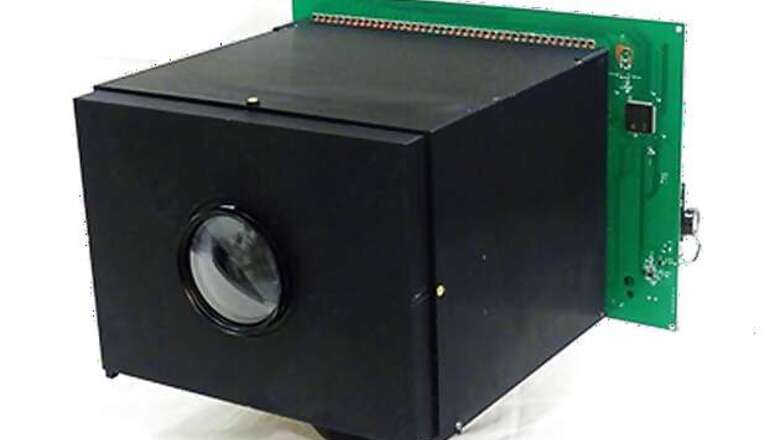
views
New York: The world's first self-powered video camera that runs without a battery and can produce an image each second has been developed by researchers led by an Indian-origin scientist.
To develop the prototype camera, researchers designed a pixel that can not only measure incident light but also convert the incident light into electric power.
"We are in the middle of a digital imaging revolution," said Shree K Nayar, TC Chang Professor of Computer Science at the Columbia University, who led the study.
He noted that in the last year alone, approximately two billion cameras of various types were sold worldwide. "I think we have just seen the tip of the iceberg.
Digital imaging is expected to enable many emerging fields including wearable devices, sensor networks, smart environments, personalised medicine, and the Internet of Things.
"A camera that can function as an untethered device forever - without any external power supply - would be incredibly useful," said Nayar.
Nayar realised that although digital cameras and solar panels have different purposes - one measures light while the other converts light to power - both are constructed from essentially the same components.
At the heart of any digital camera is an image sensor, a chip with millions of pixels. The key enabling device in a pixel is the photodiode, which produces an electric current when exposed to light.
This mechanism enables each pixel to measure the intensity of light falling on it.
Nayar and colleagues used off-the-shelf components to fabricate an image sensor with 30x40 pixels.
In his prototype camera, which is housed in a 3D printed body, each pixel's photodiode is always operated in the photovoltaic mode.
The pixel design is very simple, and uses just two transistors.
During each image capture cycle, the pixels are used first to record and read out the image and then to harvest energy and charge the sensor's power supply - the image sensor continuously toggles between image capture and power harvesting modes.
When the camera is not used to capture images, it can be used to generate power for other devices, such as a phone or a watch.
Nayar notes that the image sensor could use a rechargeable battery and charge it via its harvesting capability.
"A few different designs for image sensors that can harvest energy have been proposed in the past. However, our prototype is the first demonstration of a fully self-powered video camera," Nayar added.


















Comments
0 comment